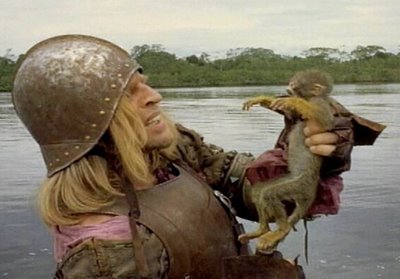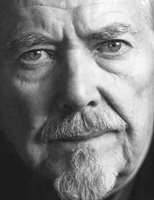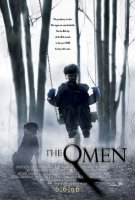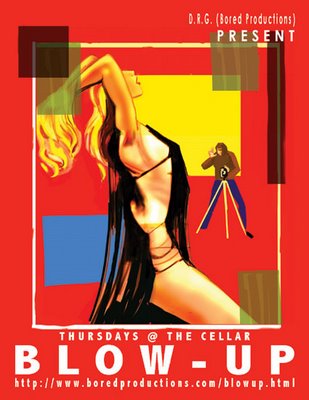*******
 One day in arts class back in college, we discussed Friends for a short while. A devoted fan defended the series while the rest of the class rubbished it, calling the characters unreal yuppies. The next year after I had joined my first job, I shared a flat with a friend close to another flat shared by two girls. We were all friends and us guys used to constantly park ourselves at the girls' place, watching their TV and eating their food. We were in many ways yuppies too. Yet, I never could stand the series. We used to constantly discuss the series, the guys criticising it and the girls, of course, defending it. I always thought I never could come up with a convincing argument as to why I thought it was harmful to human intelligence to watch Friends. It was almost as if I was lacking something.
One day in arts class back in college, we discussed Friends for a short while. A devoted fan defended the series while the rest of the class rubbished it, calling the characters unreal yuppies. The next year after I had joined my first job, I shared a flat with a friend close to another flat shared by two girls. We were all friends and us guys used to constantly park ourselves at the girls' place, watching their TV and eating their food. We were in many ways yuppies too. Yet, I never could stand the series. We used to constantly discuss the series, the guys criticising it and the girls, of course, defending it. I always thought I never could come up with a convincing argument as to why I thought it was harmful to human intelligence to watch Friends. It was almost as if I was lacking something. Now years later, I sat through five seasons. What I must confess I like most now is the mindlessness. I don't watch TV shows much, but no movie comes close to this level of pointlessness. I think Friends celebrates oddity, sexual perversity and moronic behaviour. Sometimes this is even presented as being endearing. Despite all this, I still can't believe I watched 60 hours of mindlessness. Now I am searching for answers as to why the series is so popular and so addictive.
*******
 Apart from the countless WW II movies Hollywood made, it also made some famous movies set in Vietnam. Platoon, Full Metal Jacket and Apocalypse Now would be the most famous of them.
Apart from the countless WW II movies Hollywood made, it also made some famous movies set in Vietnam. Platoon, Full Metal Jacket and Apocalypse Now would be the most famous of them. The last one I saw was Apocalypse Now, directed by Francis Ford Coppola, definitely the most ambitious of the three. (The first two were directed by Oliver Stone and Kubrick respectively). Based on the Conrad novel, Heart of Darkness, it traces the boat journey of Captain Willard (Martin Sheen) to the Cambodian border to assassinate Colonel Kurtz, played by Marlon Brando. Kurtz has gone renegade and the US army doesn't want him around. Actually, Kurtz having realised the horror of the futile war has gone into his own cocoon. Duvall, playing a colonel who bombs a village to surf on its beach, gets the best line though, "I love the smell of napalm in the morning."
No wonder the movie was controversial as hell, a fact made to full use by its makers. It ended the Coppola decade, who was the first of the movie brats, who got old the first. Coppola would never again attempt a movie of this scale. Years later, however, Spielberg, the other brat, would upstage Coppola's 'Ride of the Valkyries' sequence with the 'Normandy Invasion' sequence in Saving Private Ryan.
(Movie brats was once used to refer to Spielberg, Lucas and Coppola, who began in the 70s and made self conscious films. Later, Quentin Tarantino and Peter Jackson were added to this list. They all had one thing in common. They were unlike their predecessors the first true children of film. A parallel can be seen in Manirathnam, Kamal Hassan and a few others being named as the "Alwarpet Kumbal")







